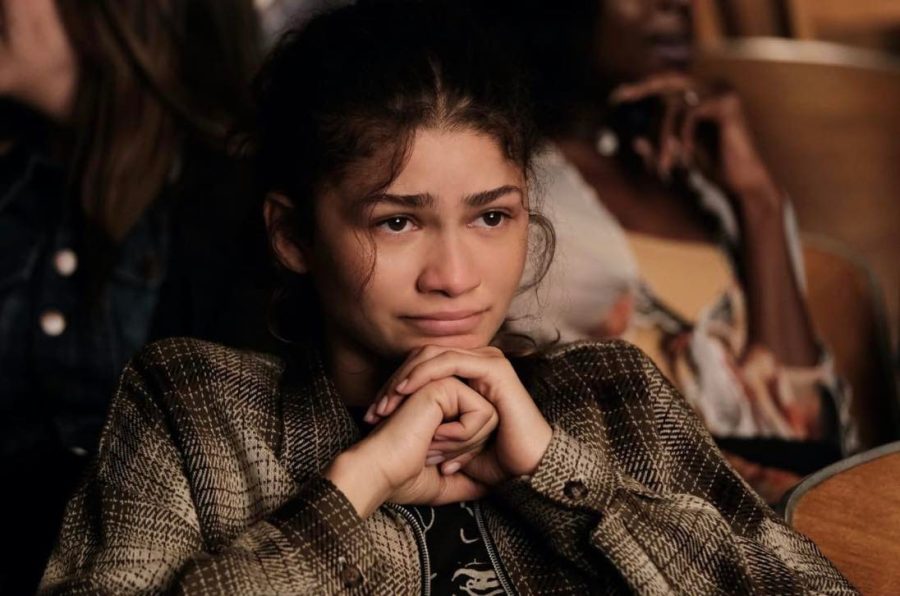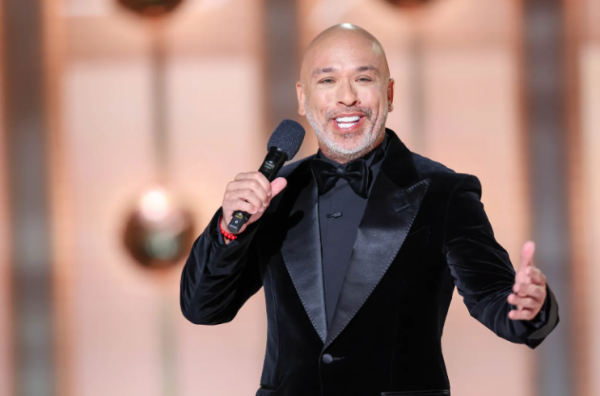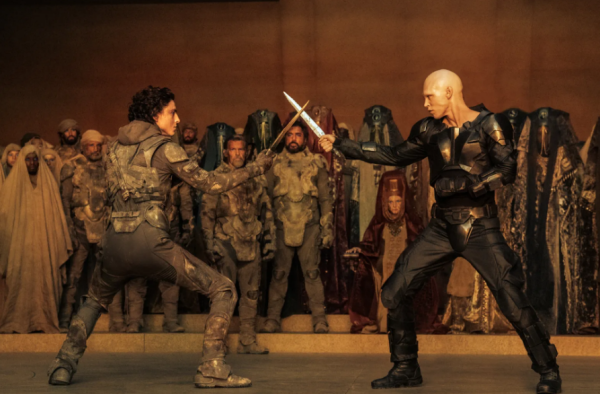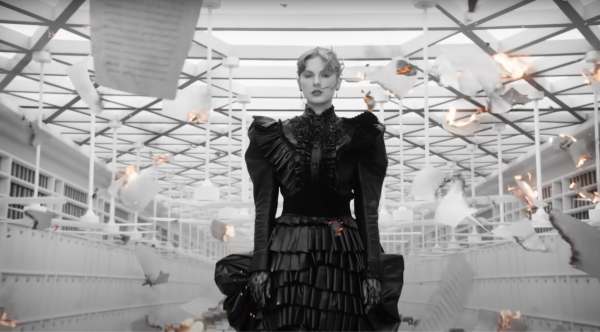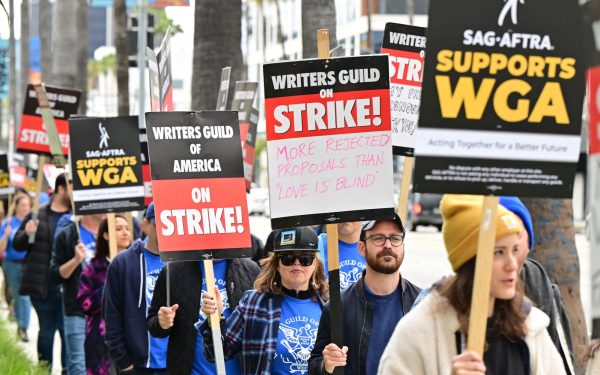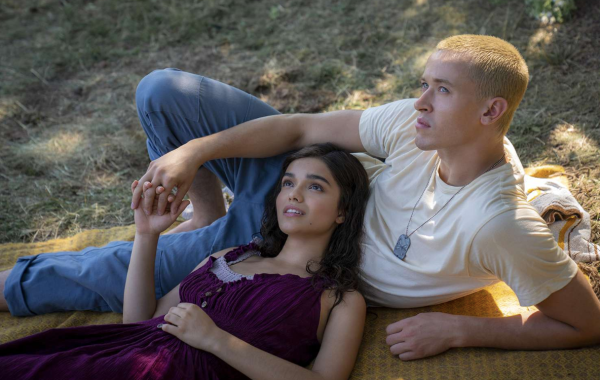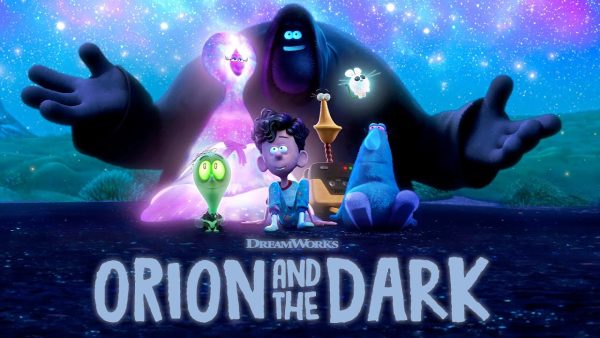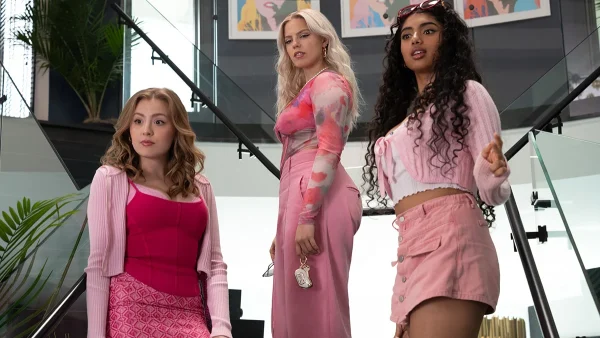High School Drama “Euphoria” is in its Sophomore Slump
While season 2 of Euphoria was certainly interesting, it was lacking in certain areas, making it weaker than the first season.
The second season of “Euphoria” had seemingly the entire teenage world in a chokehold. It was aptly called “the most tweeted-about show ever,” with everyone’s Sunday-night Twitter feeds clogged up by people reacting to the shocking events of the show. However, it seems that to keep viewers talking about the show, creator Sam Levinson chose to make a viral show rather than a good one.
It’s important to first give credit where credit is due. While many elements of the second season were lacking, the show did a phenomenal job of depicting the protagonist, Rue Bennet, an (at-times) recovering addict. Most of the credit goes to a flawless portrayal by Zendaya, but the screenplay, done entirely by Sam Levinson, highlights the experiences of Rue’s mother and sister, emphasizing how all-encompassing the consequences of Rue’s addiction have been for her family. However, this might be the only place where the screenplay truly excelled. Throughout the rest of the season, the storylines intruded on each other, resulting in important plotlines and characters being abandoned.
The first season of Euphoria followed a predictable format—one that was easy to follow, and allowed space for all the characters to be completely introduced to the audience before their role in the story was revealed. Each episode centered around one of the main cast members, explaining their childhood and upbringing, their role in the Euphoria High School ecosystem, and their relation to the rest of the characters. This is what made season one so impactful; viewers had an understanding of all the characters’ flaws and could see themselves reflected in them. However, Season 2 only follows this format for two episodes before abandoning it entirely. What results is an overlapping web of plotlines and a show that’s messier than Cassie Howard.
Incidentally, Cassie Howard is one of the reasons that season 2 is so confusingly-formatted in the first place. The love triangle between Howard, her best friend Maddie Perez, and antagonist Nate Jacobs is pushed to the forefront of the show, which cuts to scenes between the three while neglecting to further discuss the fact that Rue may have gotten herself sold into human trafficking. Meanwhile, characters such as Katherine “Kat” Hernandez and Christopher McKay, both of whom had a dedicated episode in season 1, were barely relevant in this season. If a basketball with a bob replaced Kat, no one would notice the difference. And a watermelon jolly rancher got more screen-time this season than McKay.
The show’s finale did little to answer audience questions or offer finality for any of the characters except for Rue. I wish I could say that the cinematography made up for it; however, the vivid neon colors of Season 1 did not reappear. Overall, compared to the standards set by the first season, Euphoria’s sophomore season fell flat.



